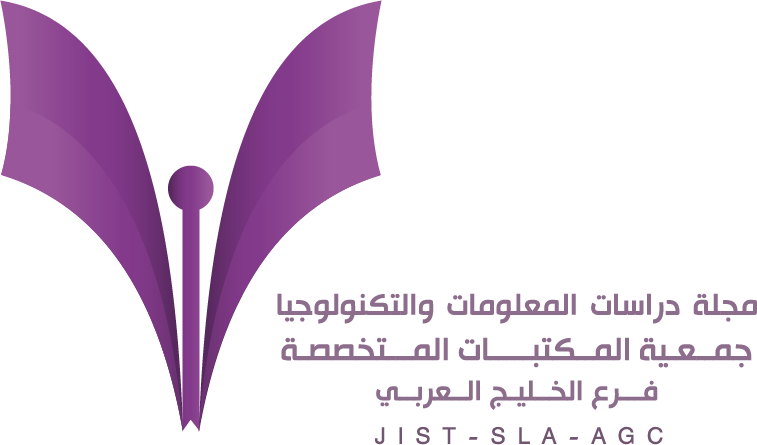-
oa Digital librarianship skills: post-pandemic strategies for academic librarians in a sub-saharan African country
- Source: Journal of Information Studies & Technology (JIS&T), Volume 2023, Issue 2, Sep 2023,
-
- 11 August 2022
- 13 July 2023
- 30 September 2023
Abstract
This article investigated suitable approaches and modalities through which academic librarians could be trained to be skillful for post-pandemic digital librarianship in developing countries, which is woefully inadequate in the available literature. A qualitative research design that considers the natural contexts in which individuals or groups function to provide an in-depth understanding of real-world problems was adopted. Data was collected through face-to-face interviews using semi-structured interview questions and focus group discussion. Identified modalities to equip academic librarians for effective digital librarianship were: organised in-house hands-on training workshops or seminars and enrolment in modular academic programmes through both face-to-face and virtual means. The study also ascertained the need for individual staff to avail themselves and make time to utilise training from library associations, and enrol on free online courses. Computer programming, database development, website and webpage development, digital communication skills and skills in all ICT applications in library services were seen to be necessary for inclusion in library school curricula. The study recommended collaboration between academic libraries and library schools where academic librarians could be invited to serve as board members, contribute to curriculum development, and provide consultancy in Information Literacy instructions. There could also be the provision of joint grants for research by academic libraries and library schools.



